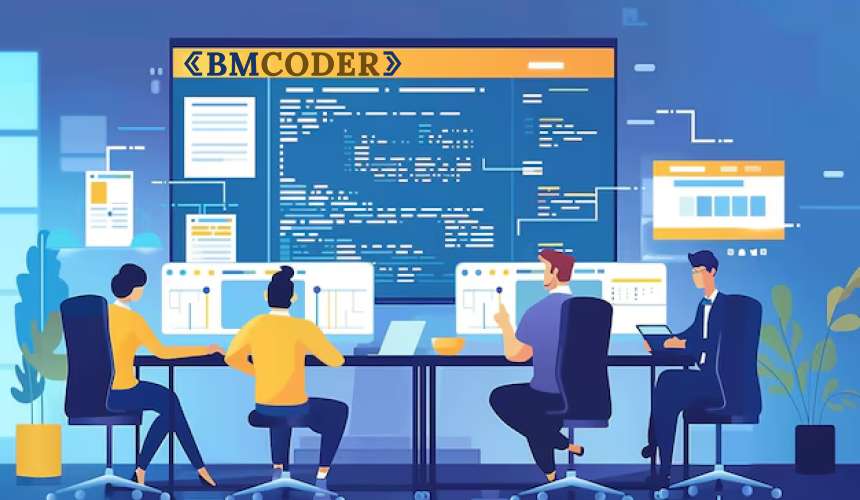Why Choose BM Coder for QA Internship Training?
- Industry Expertise: Gain knowledge of the software development life cycle and quality assurance best practices by means of seasoned experts.
- Get practical skills and apply the ideas acquired by means of hands-on training with actual projects.
- Familiarize yourself with the most recent tools and technologies applied in the QA sector: Selenium, JIRA, TestNG, and more.
- Get individualized career advice and mentoring to start your path in quality assurance testing.
























